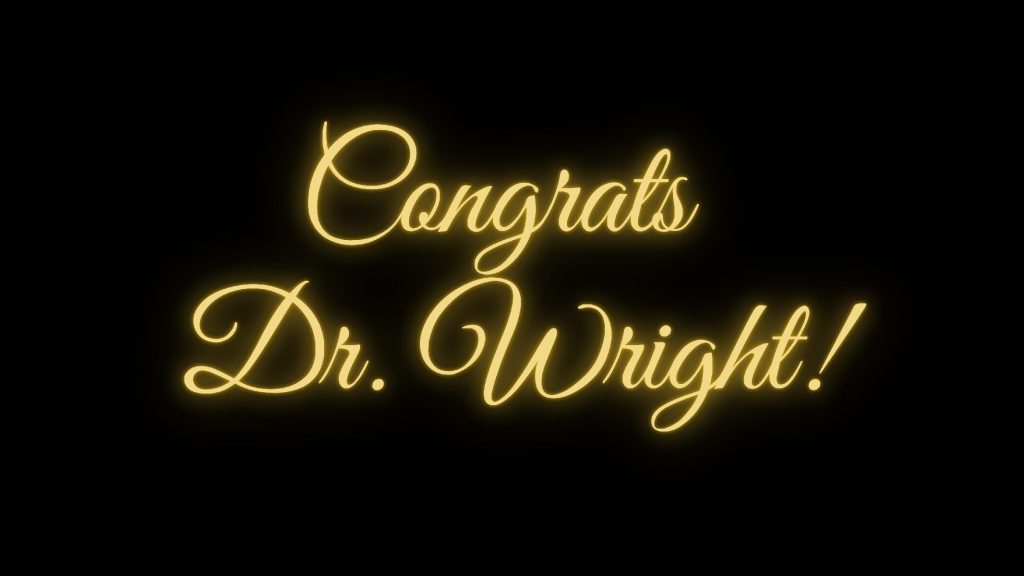Benzo-wise Practitioners: Speaking with your Medical Provider
Speaking With Your Medical Provider

Unfortunately, when presented with the highly variable symptoms of benzodiazepine withdrawal syndrome, many practitioners are not able to diagnose the connection to benzodiazepines. Even when the patient suggests the connection, a practitioner may downplay or deny that it exists. It is often difficult for those seeking advice to question a medical expert. If you believe that you are suffering from benzodiazepine withdrawal syndrome, it is imperative to interview your doctor to ensure that (s)he understands the syndrome. We call such practitioners “benzo-wise”. If (s)he is not benzo-wise, you have little chance of getting complete, well-informed advice from your practitioner, and should seek another practitioner. Here is a suggested set of questions for your physician, along with recommended answers. A truly benzo-wise practitioner will ace this test.
1. How long are benzos effective?
It varies, but they become less effective after 2-4 weeks.
2. Can side effects to benzos develop later, after I have been on them for a long period of time?
Yes
3. What new side effects can develop after being on benzos for a long period of time?
At least a few of the following most common: mood effects (depression or even anxiety itself), problems with thinking and judgement, physical symptoms (like stomach problems, electrical shock-like pain, muscle cramps).
6. How long does someone need to use benzos to become dependent?
“It varies” -or- “4 weeks or more” are acceptable answers; a very knowledgeable practitioner will respond with an even shorter time frame.
7. Do you think benzo withdrawal may mimic other diagnoses?
Yes. Depending on the symptoms you present, they may be mis-diagnosed as an (unproven) underlying need for the drug, fibromyalgia, chronic fatigue syndrome, MS, and a host of other problems.
8. How do you withdraw a patient from benzos?
A taper is essential. It needs to be “patient-led”, not a fixed timeframe. You want to hear an explanation that includes the essential nature of support in the tapering process and ideally the involvement of other professionals like those who provide Cognitive Behavioral Therapy.
9. How long does it take to withdraw from benzos?
It is highly variable. (A short-term answer, like “30 days” is not benzo-wise.)
10. How long does it take to recover from the damage caused by the benzos?
It is highly variable, but can take months. (Again, a short-term answer, like “30 days” is not benzo-wise.)

Despite the dangers of long-term benzo use, and the difficulty in withdrawing from the drug being well publicised, there are still very few US doctors who understand the issues and the drugs’ effects on the brain and body. Many sufferers have been ill-advised by the medical establishment and have tapered too quickly for their physiology which has only exacerbated their symptoms.
Dr. Valsa Madhava (an expert in supervised withdrawals and rehabilitation) is making it her mission to change the way the medical profession treats benzo dependency. She has developed a unique and comprehensive outpatient program, using a functional medicine approach, looking at root causes through thorough testing, and providing long-term support and therapy for a full recovery and optimal wellness.
Her program ensures the patient’s stability before tapering and is focused on the patient feeling in control but supported, every step of the way. The schedule and process of tapering is devised together with the patient, unique to the individual and guided by Dr. Madhava, along with her multi-disciplinary team of holistic and medical experts.
(Unfortunately, insurance-based medicine does not allow practice of the in-depth, expert model of functional and root cause evaluations. Therefore, the program is out-of-network with all insurance plans.)
For more information, visit www.thebenzotaperdoctor.com
Here is a list of prescribers who are at least partially benzo-wise in that they can manage the slow taper required. Be aware that this list has been developed and is maintained by another non-profit organization, the Benzodiazepine Information Coalition, and that quality of care cannot be assured altogether. Please contact them if you wish to add your name to their list, or to recommend your medical provider as being benzo-wise.


